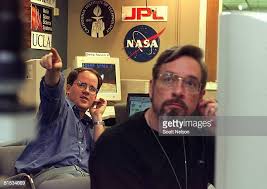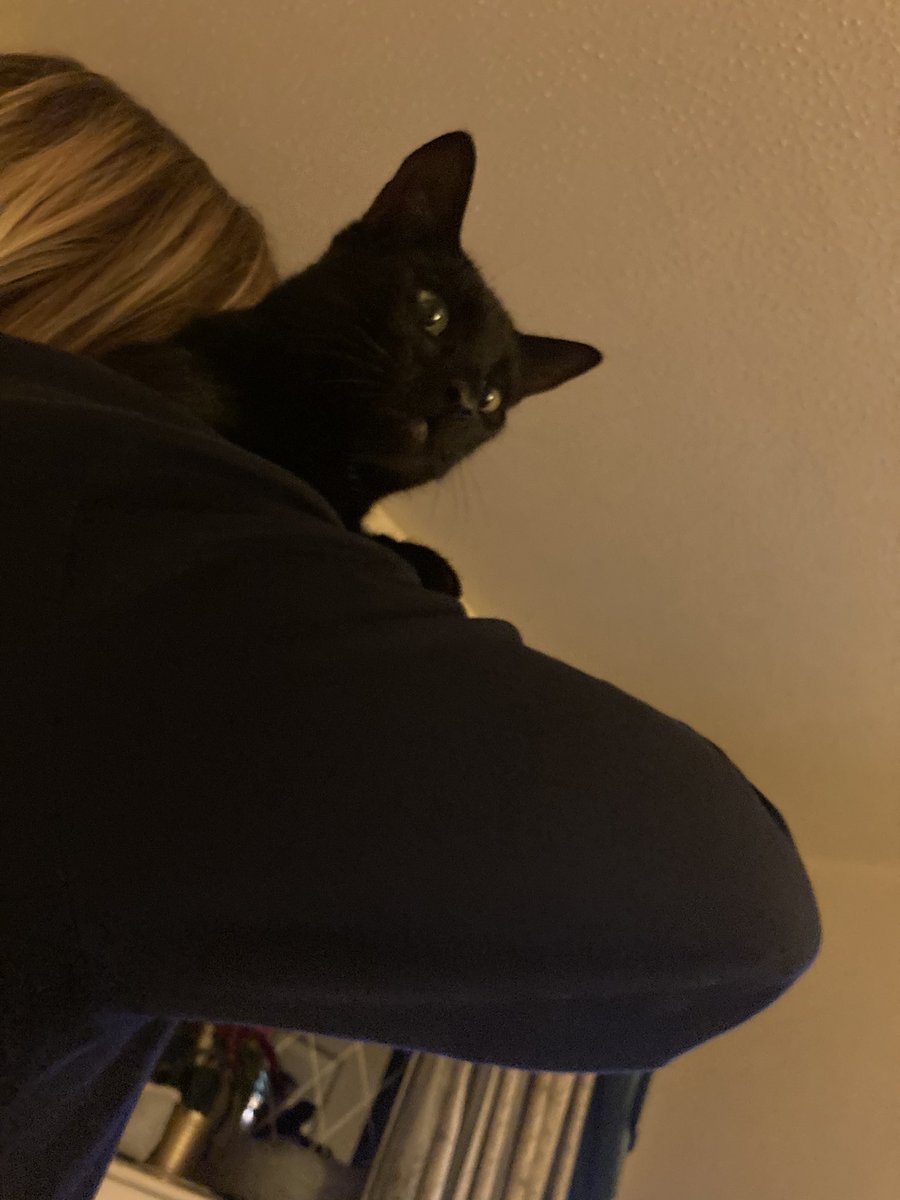
So today it begins: the starter pistol has been fired to return samples of Mars this decade. What a time to be alive! 



We’ve been waiting a long time: the first proposal to do this envisaged it in 1984, and I recently found this story I did in 1996 (and have no memory of it – that’s old age for you) graphicnews.com/en/pages/05586…
In that sense, journalism is the first draft of history. And today, is a day for some intriguing history and some belting journalism from the reporters who are covering all the excitement in Pasadena!
I could make the joke about #TheWriteStuff but actually, it was more akin to #WritePrivilege I was very lucky to have not just seen brilliant researchers at the top of their game, but also writers, sub editors and photographers, too 

If this sounds as though I am harking back to a golden age, I am not. The golden age is now, with all the excellent writers and reporters who are doing great stuff these days 

Yes, some of my battle worn compatriots are still around, but the news business constantly needs fresh blood, new perspectives and has changed in so many ways 

By the time I left newspapers in 1999, I felt I had done my share, had enough scar tissue and wanted to do other things. But I still pinch myself that people paid me to cover stuff that I would (whisper it) have done for free 

Unfortunately, that seems to be the lot for a lot of people today. What I thought I would do today, then, is look at the role of people who cover space, and how that has changed over time 



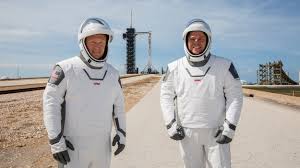



And yes, I covered the launch of Hubble and after so many delays, I was in a "I can't believe" this mood that warm Floridan day of April 1990 and somebody snapped me muttering 







How I became a journalist is exactly like how Withnail and his friend went on holiday - by accident
In 1980, I realised that the following summer Voyager 2 would fly past Saturn. And at that time, it wasn't clear that there would be any new missions for a while, so in what sounds like a first draft of a really bad Adam Sandler movie, I wrote to NASA to ask for a job 

And in an even more ridiculous sequence of events, they gave me one.
(One thing you learn in journalism is to highlight the drama)
(One thing you learn in journalism is to highlight the drama)

That piece was one of the first pieces of journalism I ever did - the rest was at school for the magazine. 



The point of telling you this is: it's a great way to get in there if your parents would take unkindly to offspring wandering around - all Byronic and indeed Styronic suffering - feverishly yelling "My muse! My muse! Where are the words I can but summon from the vasty deep?" 

So I wrote: always wanted to write: and what should you do? Write about what you know. I always thought I would do writing as kind of shameful hobby – which was how “popularisation” was viewed at the time
And rather than tell the story again, some of you might enjoy this. And yes, I still pinch myself.
phalpern.medium.com/from-rainy-che…
phalpern.medium.com/from-rainy-che…
And what that meant was I got to see how the press worked during a space encounter. And staying with Al meant that even I appeared on NASA TV - I have no idea why, I guess they must have run out of real experts @carolynporco 







And recently a friend sent me something Mark Washburn wrote in his fab book about Voyager – which is quite funny as it had been his previous book, Mars At Last! which had set me on the road to JPL. 



"Clearly enjoying every minute of it"? I should bloody well say so! So yes, here is what I did on my holiday forty years ago 





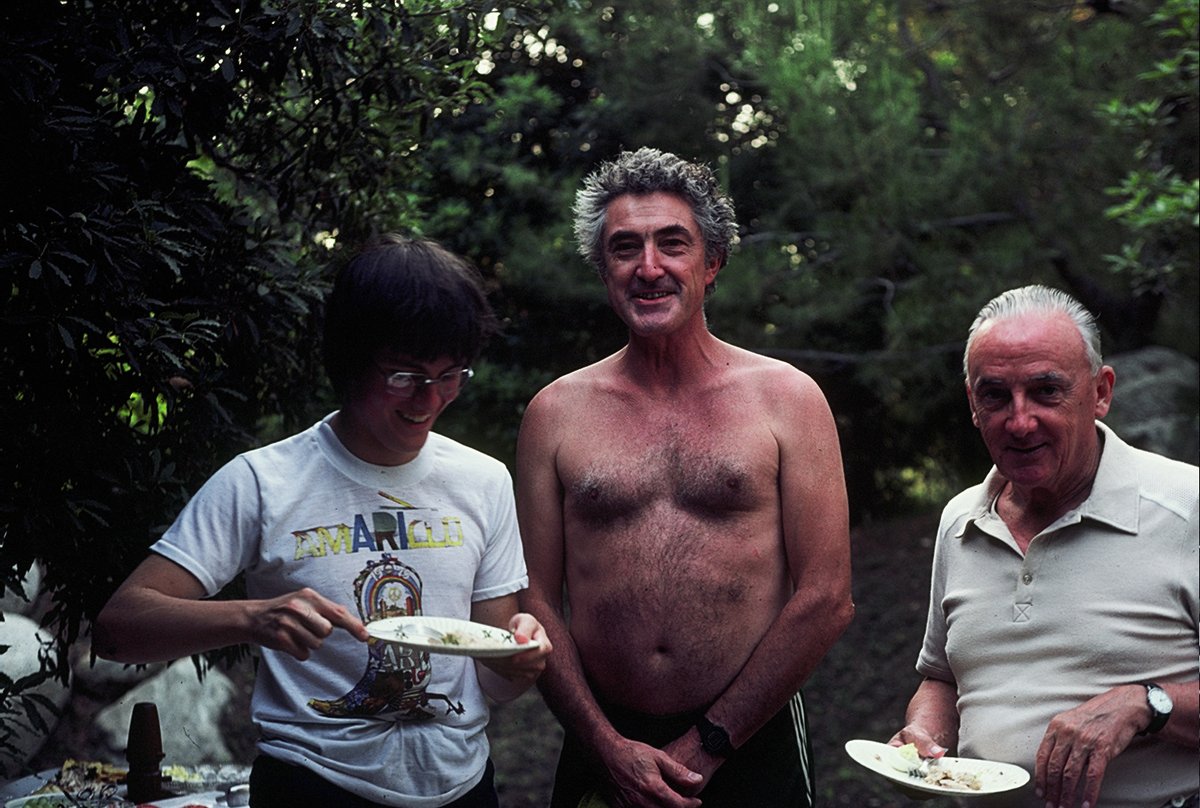
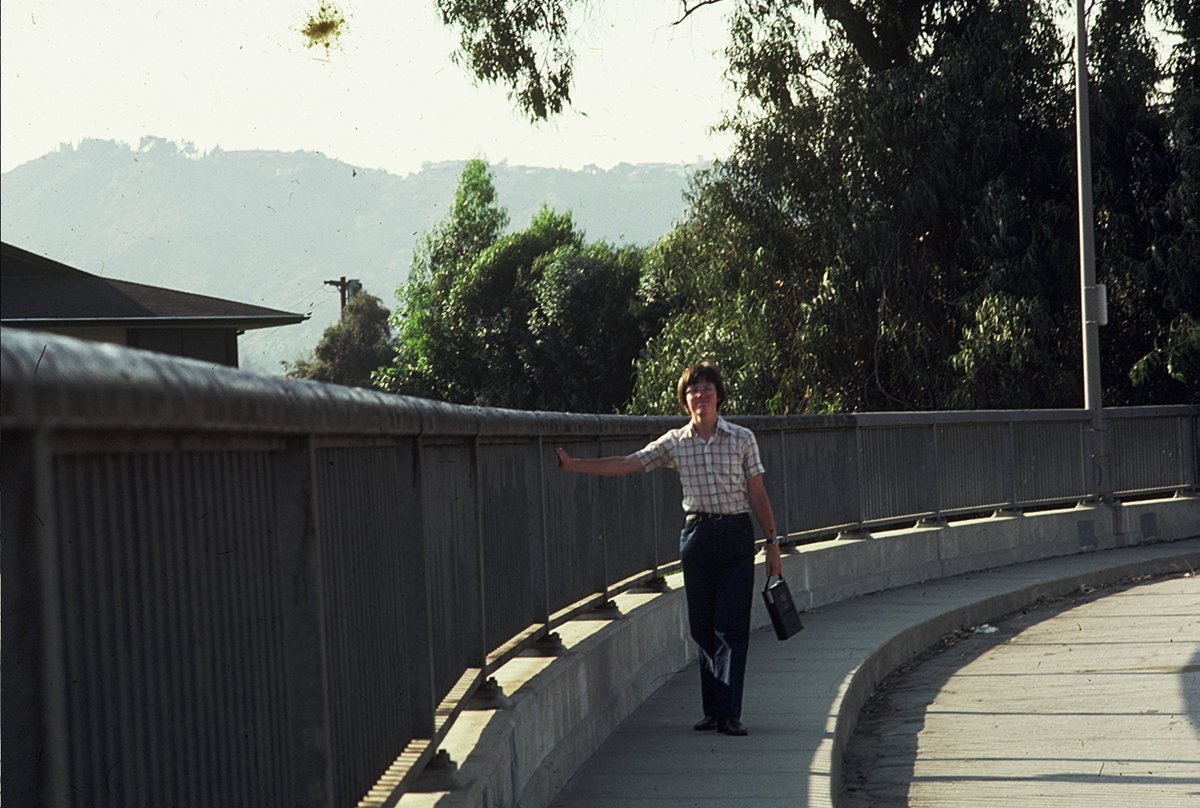
Back to Mark's Voyager book. The black outs btw are purely as otherwise peoplewil know exactly when I was born – not for vanity, I am 56½ and still have all my own teeth - rather so fraudsters can’t use it. 

And I was only there because of Mark's book. Dr Booth? Perhaps in a parallel universe. And it may have taken me another forty years, but we were able to pay Mark a return compliment in our book about Mars, too. Authors always look out for other authors. 

I never did become a researcher – mainly because I am too stupid – but have pen, have travelled and – to quote the only science fiction film I have ever sat through – have seen things you people wouldn’t believe 

So what follows later will be a guide to writing for a popular audience – and from some someone who served in the trenches, who reported and watched – somewhere in amusement and rising exasperation – the rise of people who started to believe they could do it all so much better 

• • •
Missing some Tweet in this thread? You can try to
force a refresh





